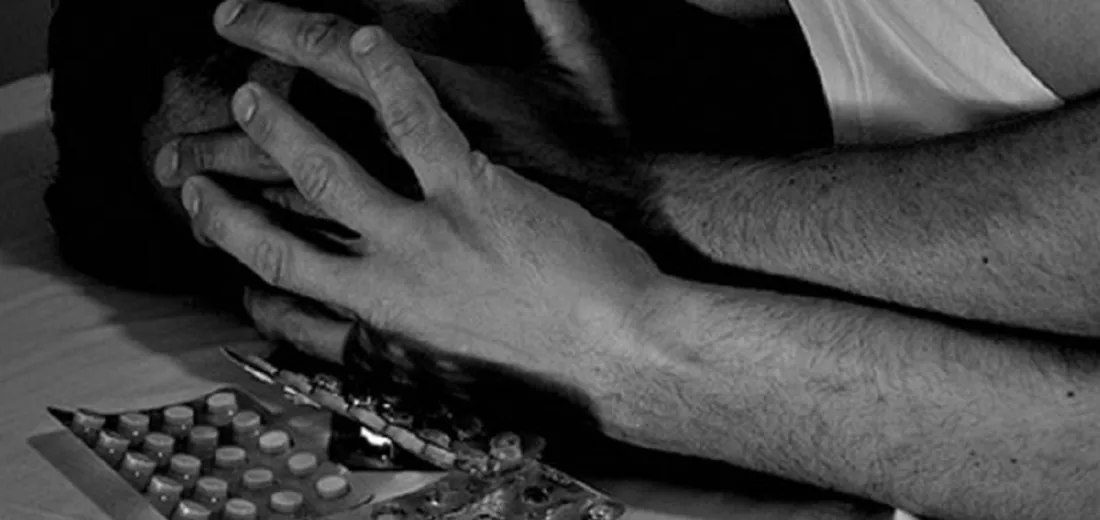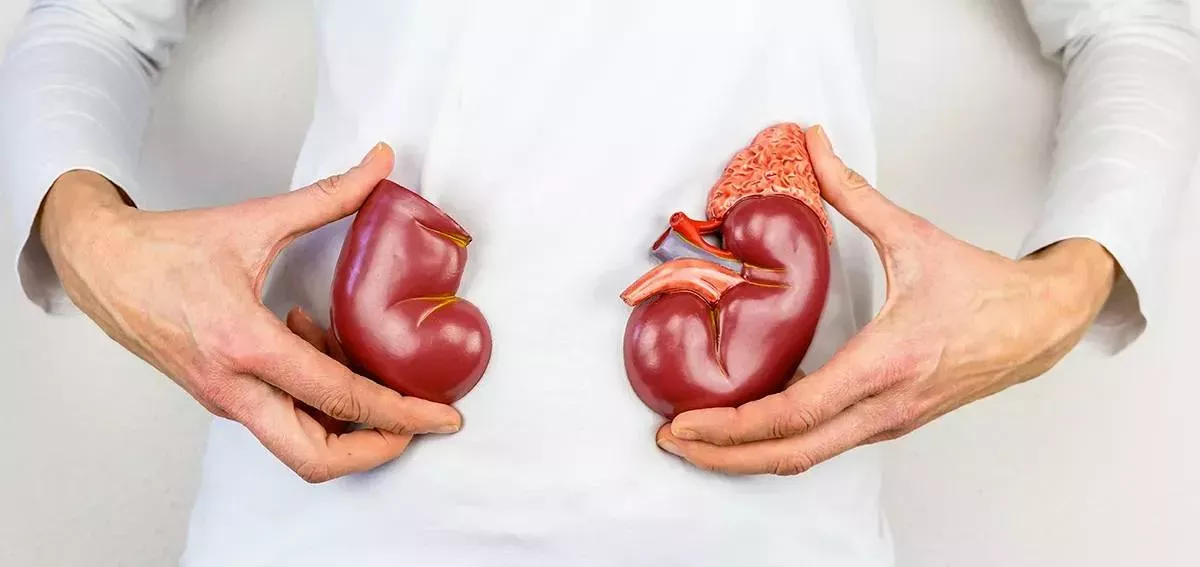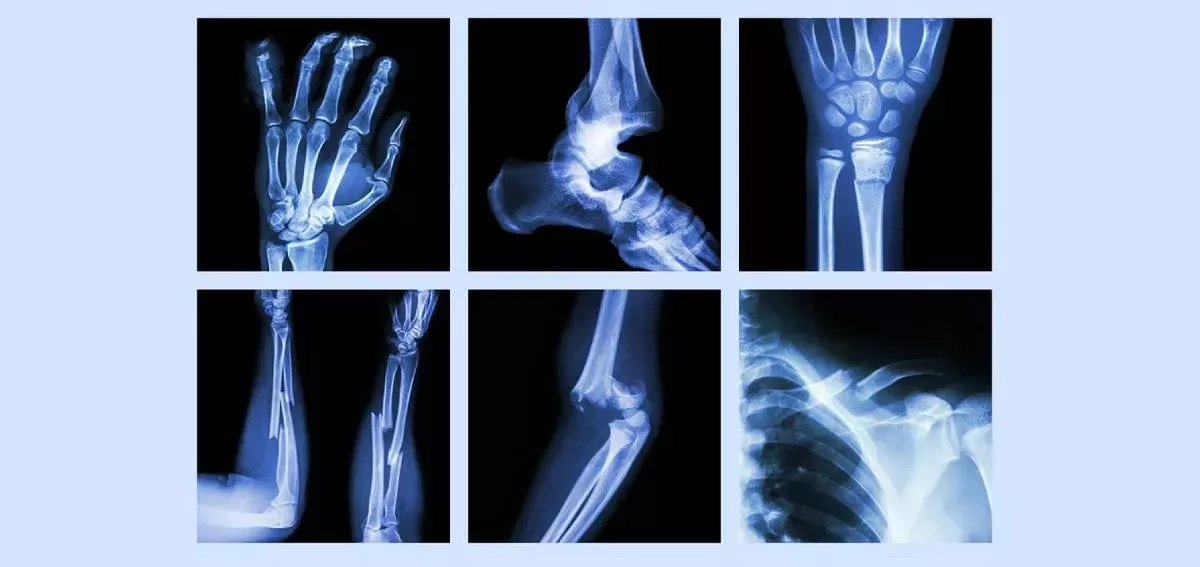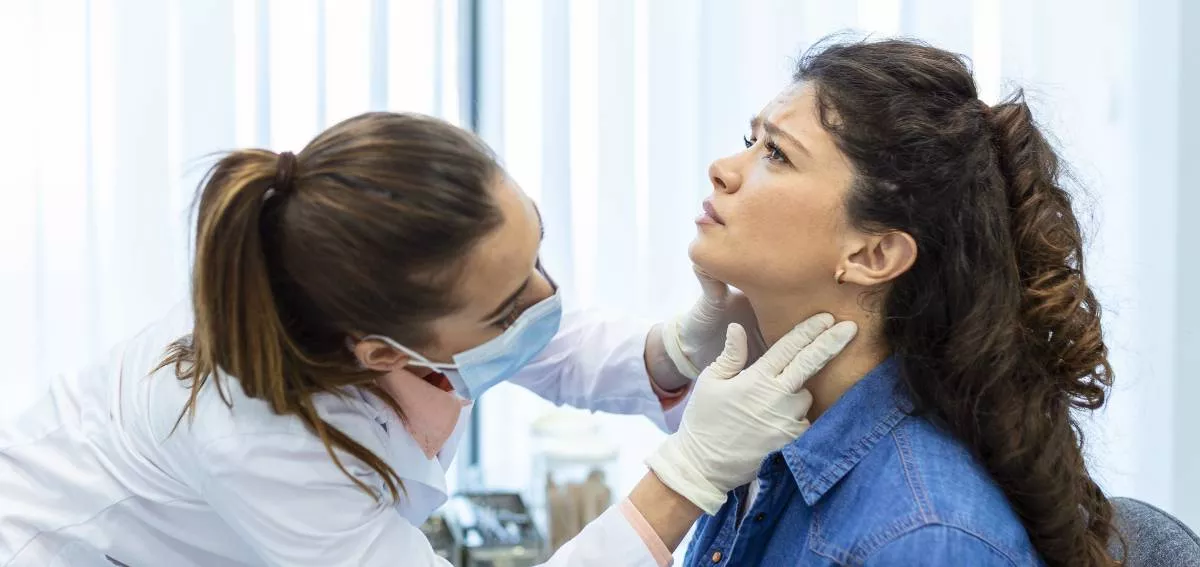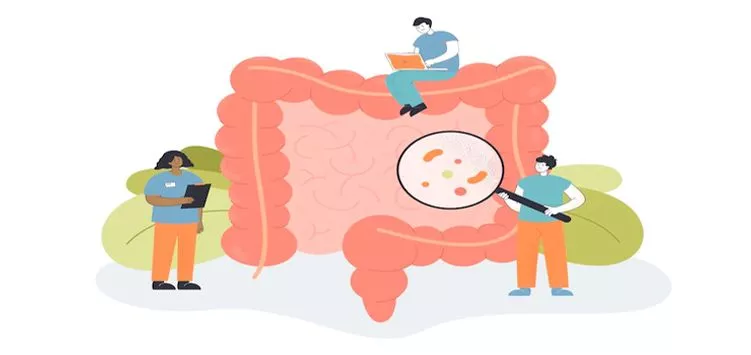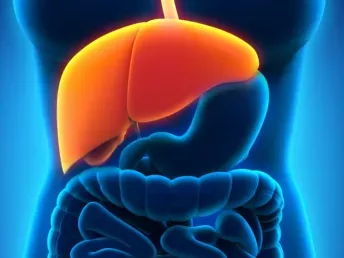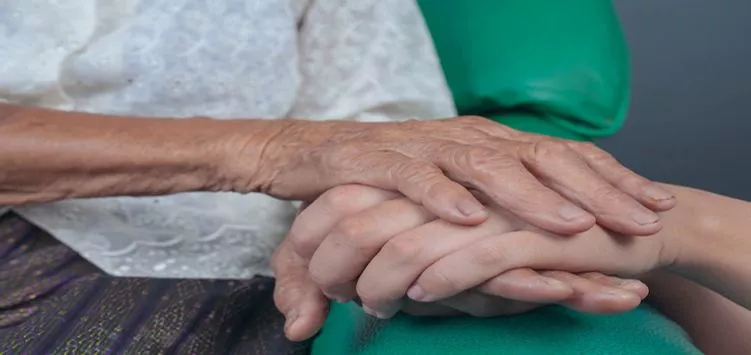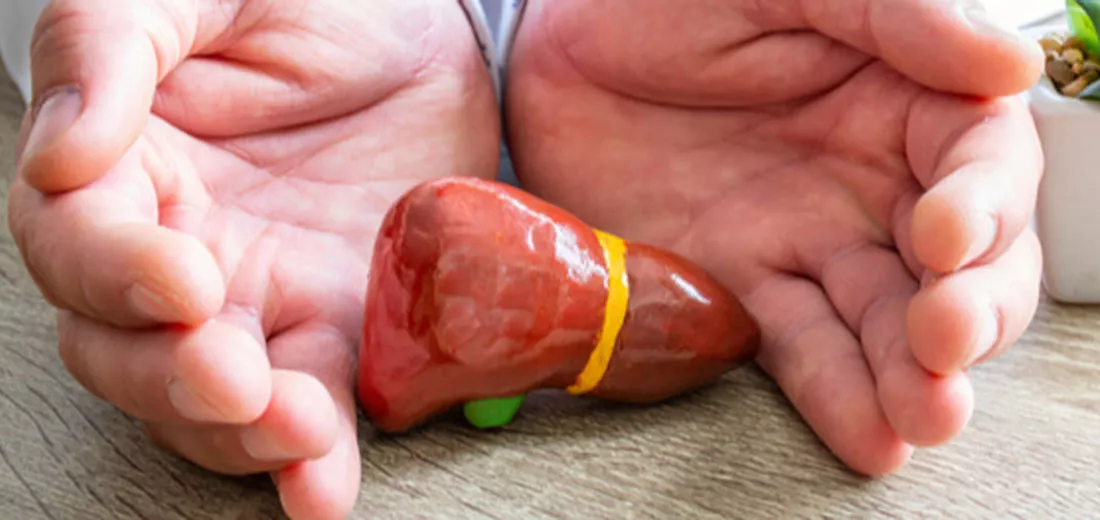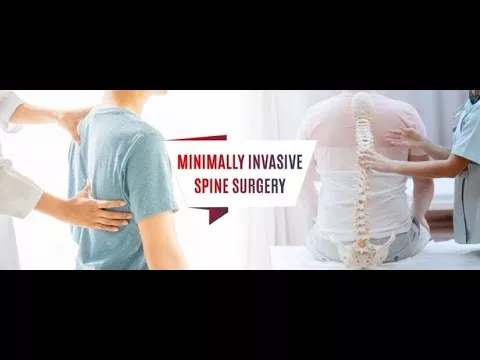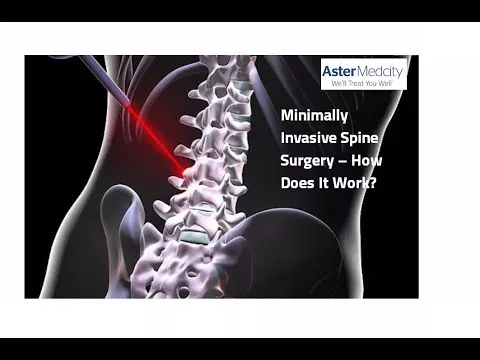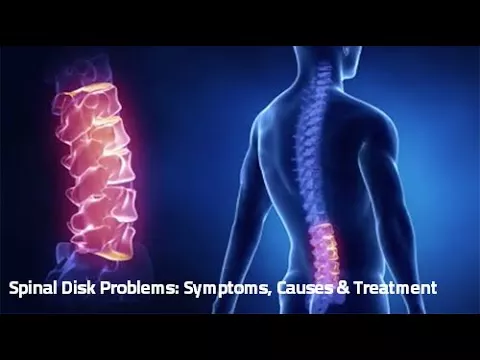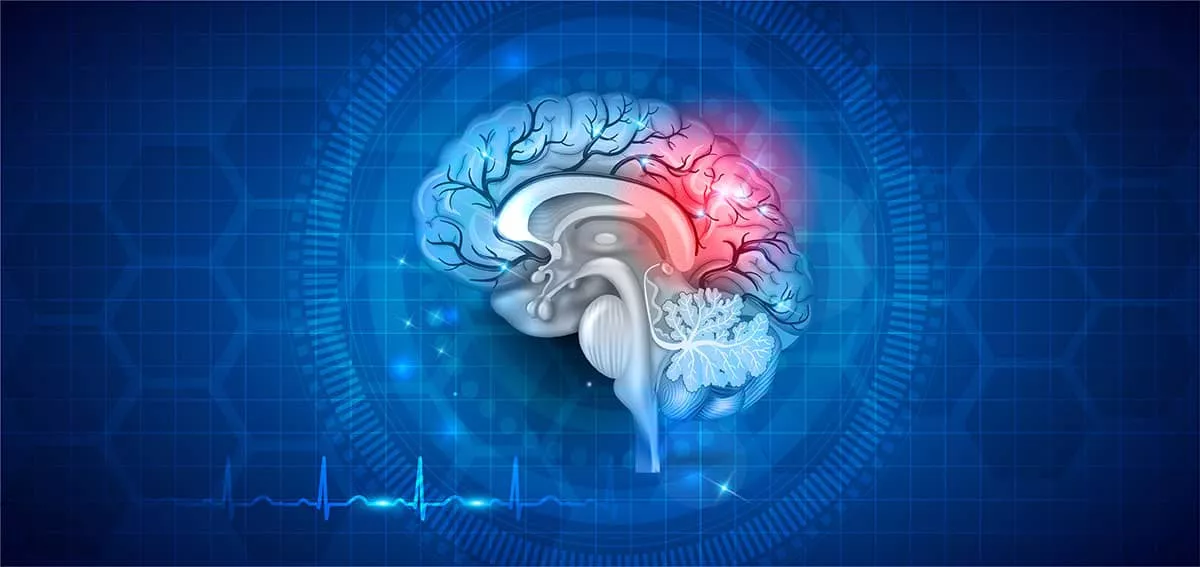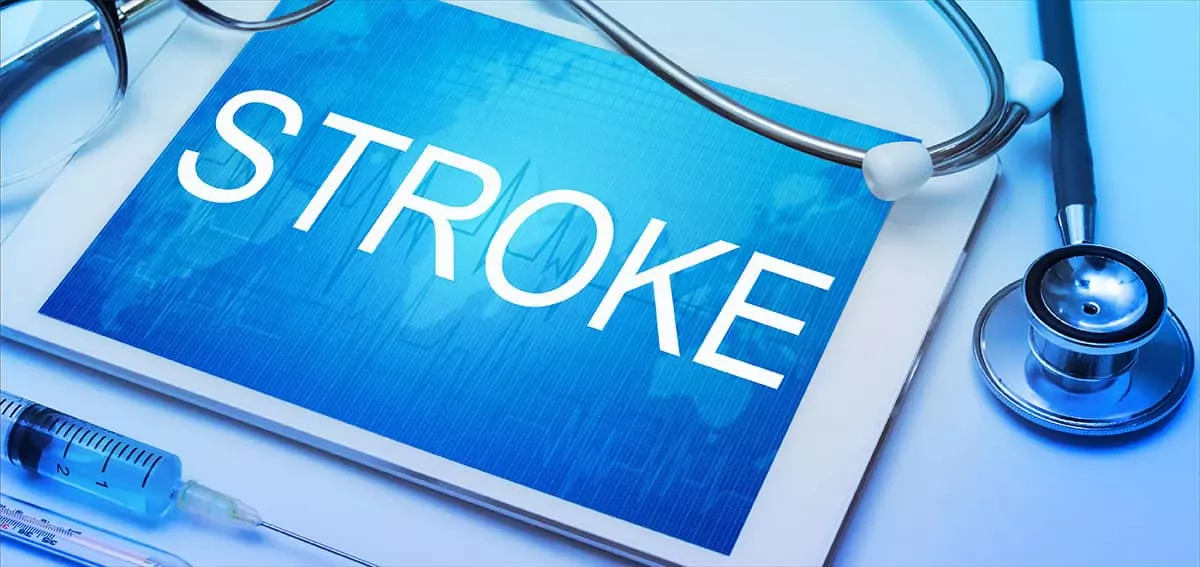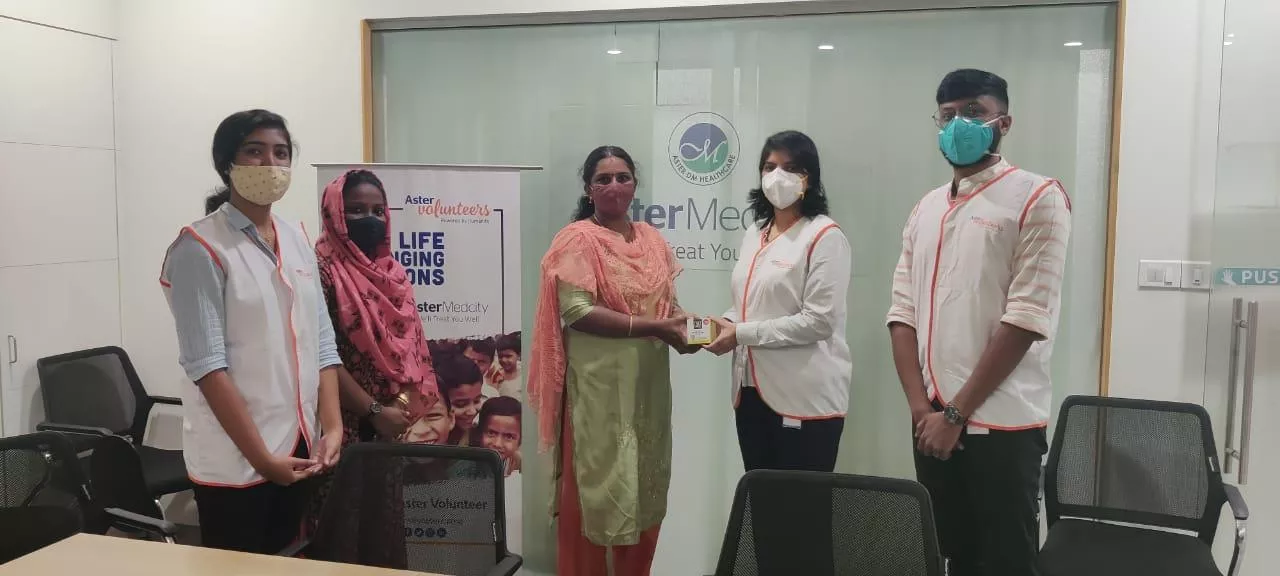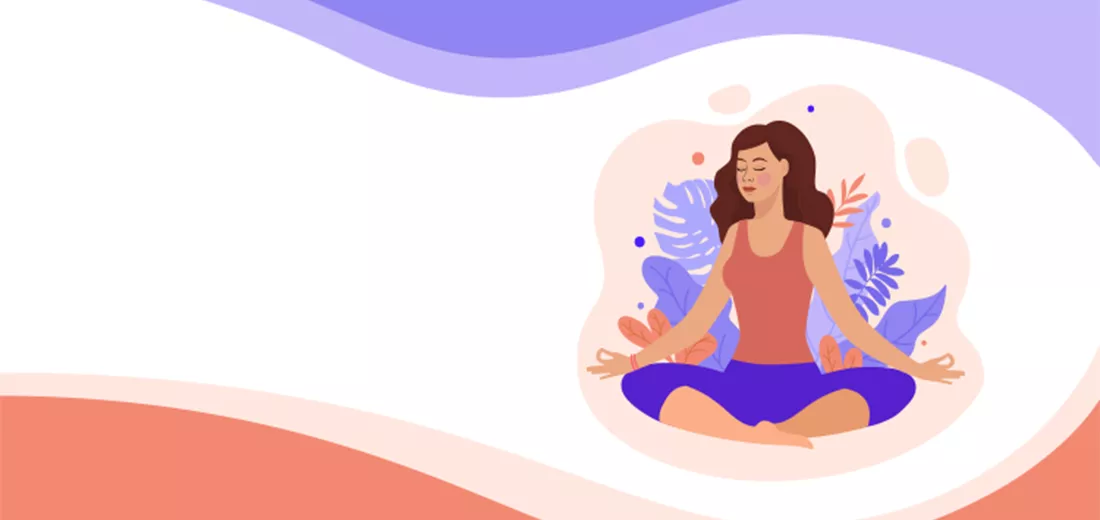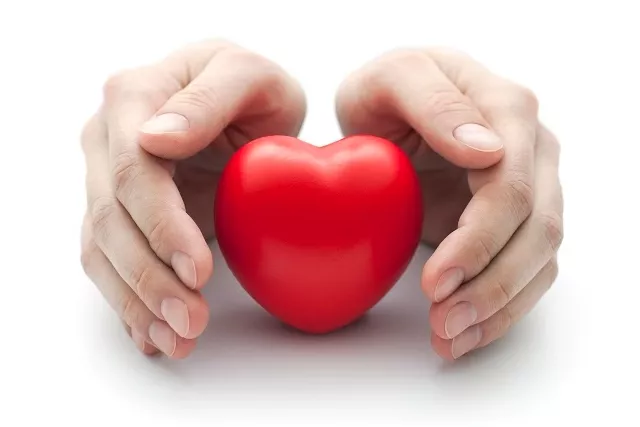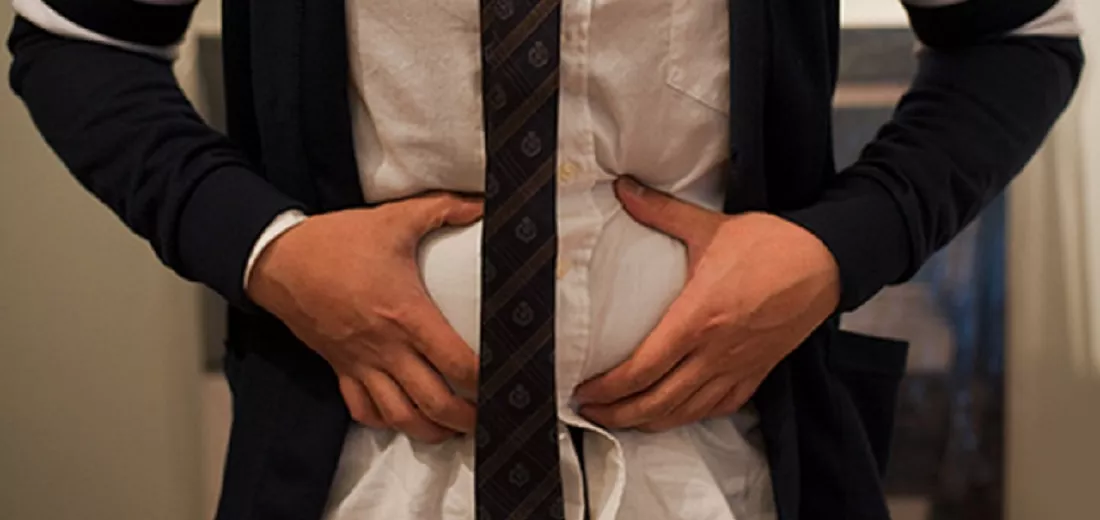"I am depressed" is something that you hear from a lot of people; and in all possibilities would have said it yourself. Though used for denoting an emotional low or while going through tough times, "depression" is something serious, something that can change the mental fabric of a person’s mind if not treated properly at the right time. Characterized by consistent dull mood and inability to perform daily tasks, depression can even lead to suicidal tendencies in extreme cases.
Signs and symptoms
- Dull mood
- Consistent emotional low
- Person goes quiet
- The feeling of helplessness and hopelessness
- Loss of interest in daily activities
- Loss of energy and lethargy
- Appetite or weight changes
- Self-criticism and self-loathing
- Abnormal changes in the sleep cycle
- Frequent anger or irritability
- Reckless behavior
- Lack of concentration
- Unexplained aches and pains
Causes and risk factors
- Loneliness, lack of social/emotional support
- Financial stress
- Difficult situations in life
- Early childhood trauma or abuse
- Persistent health problems or chronic pain
- Family history of depression
- Marital or relationship problems
- Peer pressure, especially in students
- Alcohol or drug abuse
Treating depression
A depressed person needs immediate psychiatric help, and close monitoring.
Anyone showing symptoms of depression should be given special care and be careful, never ignore the signs as this condition can lead to extreme guilt/ loss of interest in life/ suicidal tendencies. Support from family and friends is also extremely important to rehabilitate a depressed patient.
Keep away depression
- Form supportive relationships
- Getting regular exercise and sleep
- Eat healthy food
- Learn to manage stress
- Practicing relaxation techniques
- Learn to cope with negative thought patterns
- Learning how to recognise and express your emotions can make one more resilient
